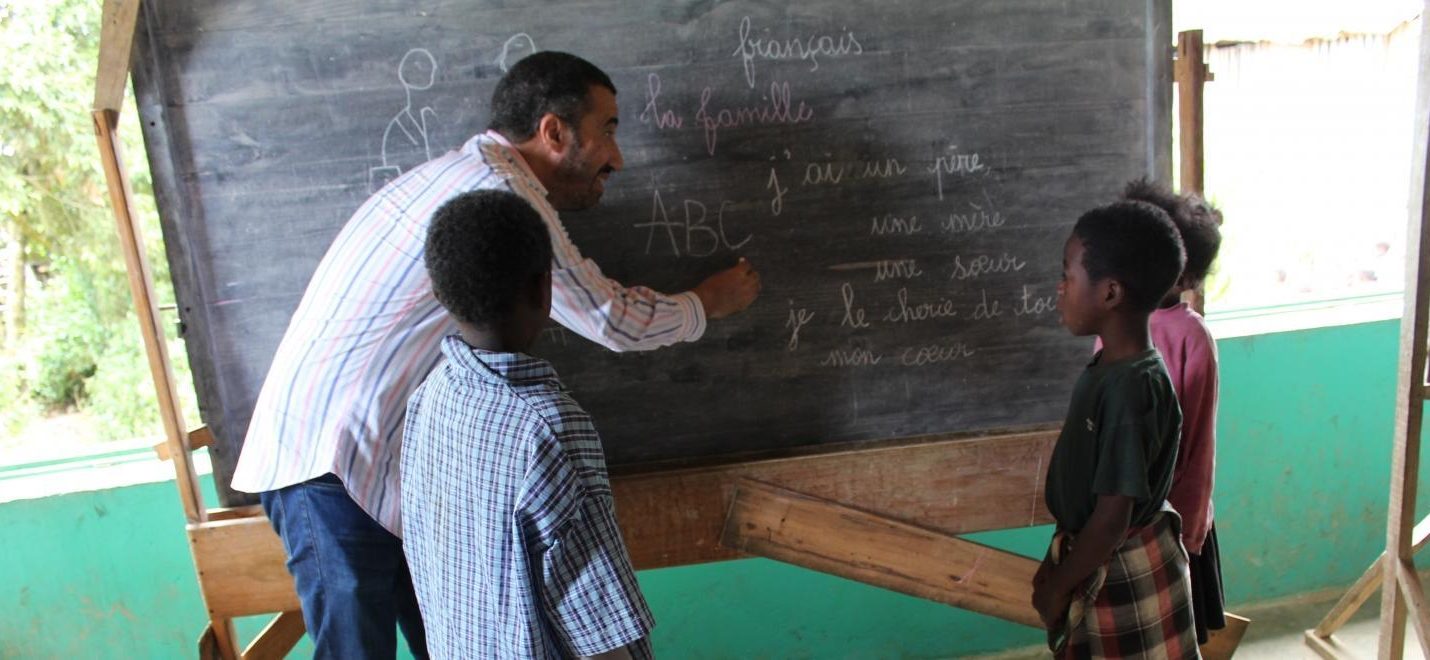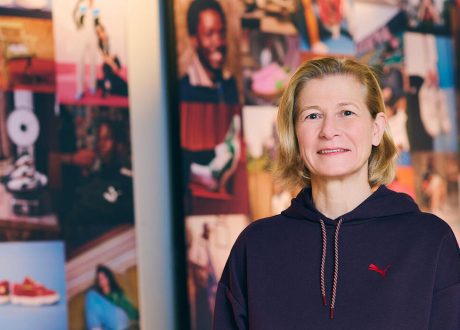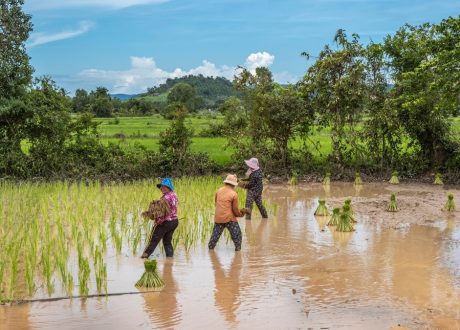
New ISO ESG Implementation Principles provide int’l guidance to streamline ESG practices
New ESG Implementation Principles launched the International Organization for Standardization (ISO) at the 29th United Nations ...

The International Development Association (IDA), the World Bank’s arm for the poorest countries, will extend $ 15 million to support Djibouti’s efforts to expand access to quality education for 35,000 children, composed of young girls, poor and rural students, out-of-school children, disabled students, and refugees along with children in the communities that host them.
The new project aims to transform the education system along with increasing access for the most vulnerable communities, by empowering schools and establishing quality standards and a system for regularly measuring adherence to those standards.
The Expanding Opportunities for Learning Project will be funded by a $10 million IDA credit and a $5 million grant from the IDA-18 Sub-Window for Refugees and Host Communities, a mechanism created to provide concessional financing to lower income countries hosting large numbers of refugees per capita.
The new funding will allow the government to direct resources to areas that will have a transformative impact on basic education. The project will support this goal with a focus on four specific targets, including the establishment of foundations for quality preschool education, expanding access to and improving retention in primary and lower secondary education, building up the skills of teachers to improve learning, and strengthening the capacity of the ministry to manage the education system and use new digital systems for monitoring and measuring results.
“Our people are our future”, said Ilyas Moussa Dawaleh, Djibouti’s Minister of Economy and Finance in charge of Industry. “Djibouti is committed to ensuring that every child has the opportunity to develop the skills they need to realize their aspirations. This is a critical investment in building our human capital, which is our most precious asset and will be the engine of our future growth.”
Djibouti is building on the recommendations laid out in the recent report Expectations and Aspirations, a New Framework for Education in the Middle East and North Africa that learning should start early for all children regardless of background, with qualified and motivated educators. The project will further support these goals by shifting the focus toward results, with funds released only on the achievement of agreed upon targets. Djibouti’s development partners are also coordinating closely around this effort to transform the education system, with $9.25 million co-financing from the Global Partnership for Education (GPE).
“Djibouti has recognized that schools can only be changed from within,” said Boubacar-Sid Barry, World Bank Resident Representative in Djibouti. “This project will support ongoing efforts aimed at empowering school leaders and teachers, so they can work collaboratively to raise the quality of teaching and improve student achievement and other dimensions of school quality. At the heart of this effort is the establishment of quality standards for both teaching and student outcomes, and robust systems for measuring them on a regular basis.”
The World Bank’s portfolio in Djibouti consists of 15 IDA-funded projects totaling $ 202 million. The portfolio is focused on education, health, social safety nets, energy, rural community development, urban poverty reduction, modernization of public administration, governance and private sector development, with emphasis on women and youth.
New ESG Implementation Principles launched the International Organization for Standardization (ISO) at the 29th United Nations ...
PUMA has already made strong progress in reducing its greenhouse gas emission over the past ...
The United Nations Trade and Development (UNCTAD) urged during the 29th United Nations Climate Change ...


اترك تعليقا